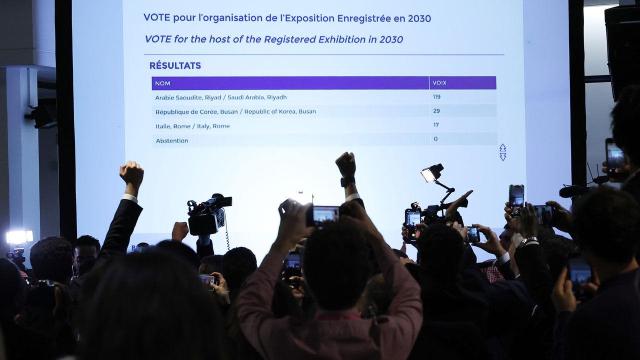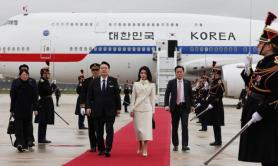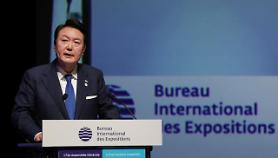
The international economic event, held every five years for six months, can play a vital role in showcasing a nation's progress in artificial intelligence, big data, and information communication technologies. The selection of the host city for the Expo is picked through an anonymous voting process conducted by the member countries of the Bureau International des Expositions (BIE).
Among 182 BIE member countries, 165 of them took part in the vote on November 28 at the general assembly. Saudi Arabia was chosen as the host nation in the first round of the vote, receiving more than two-thirds of participants. If none of the contenders had obtained more than two-thirds in the first round, a run-off vote between the first and second places would have been necessary.
After Riyadh was elected, South Korea's Prime Minister Han Duck-soo expressed his regret. "I am very sorry for not being able to fully reciprocate the support of the South Korean people." He added: "I will continue to leverage the new diplomatic assets gained during my travels to the 182 BIE member countries."
Busan City will consider making a second attempt to host the next global fair in 2035. "We will discuss thoroughly with the government and residents of Busan to rationally review the challenge of hosting the 2035 World Expo," said Busan Mayor Park Heong-jun.
Under a national project titled "Saudi Vision 2030," Saudi Arabia is currently striving to diversify its economy and nurture its public service sectors such as health, education, and tourism rather than relying solely on the oil business. By 2030, the Middle Eastern country plans to build a smart city in deserts and mountainous areas near the Red Sea. Around $500 billion would be injected to establish the city powered by renewable energy.
Copyright ⓒ Aju Press All rights reserved.



![[INTERVIEW] Busan publicizes itself as perfect host for 2030 World Expo](https://image.ajunews.com/content/image/2021/11/26/20211126154238686582_278_163.jpg)
